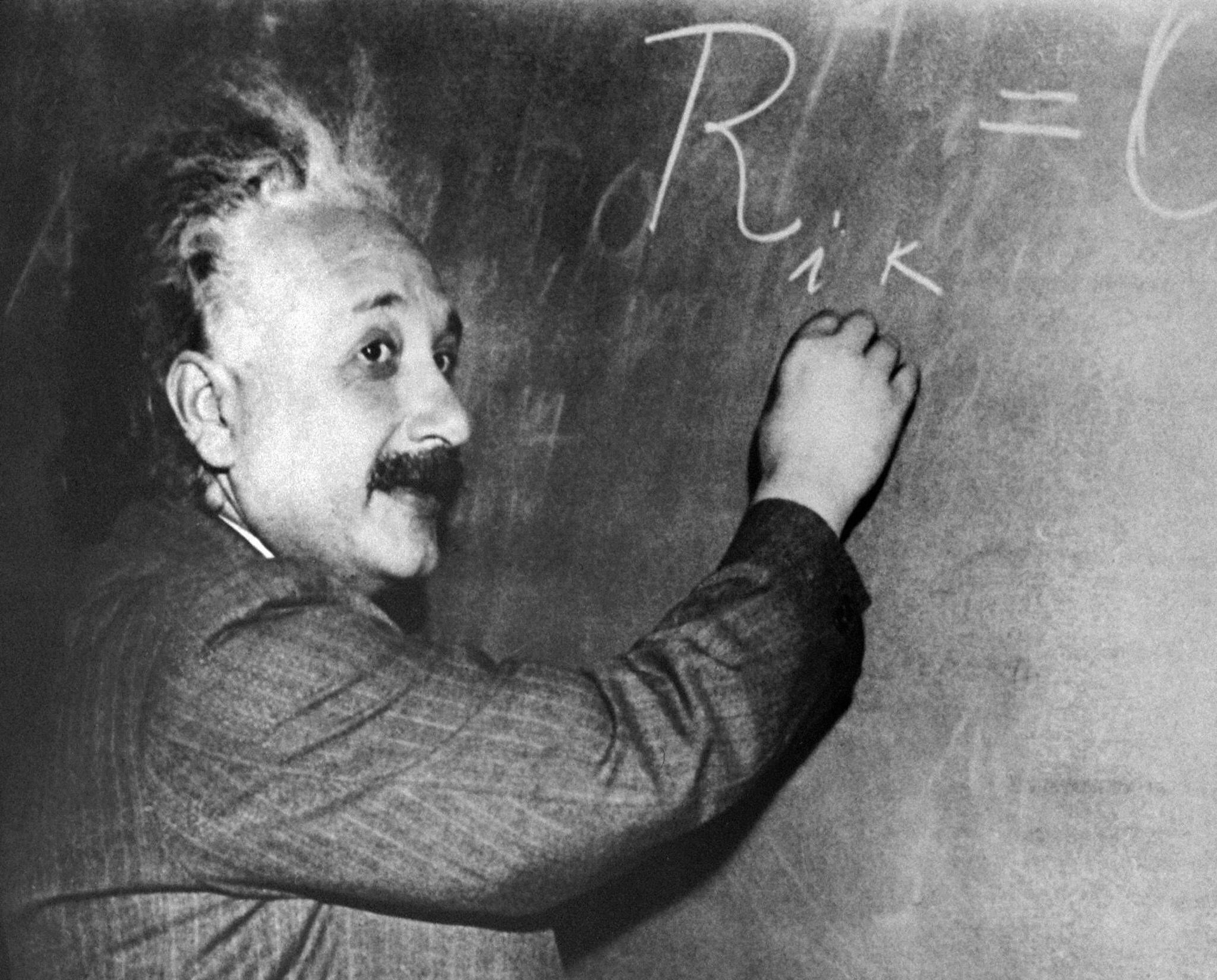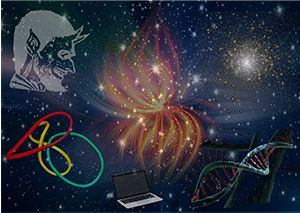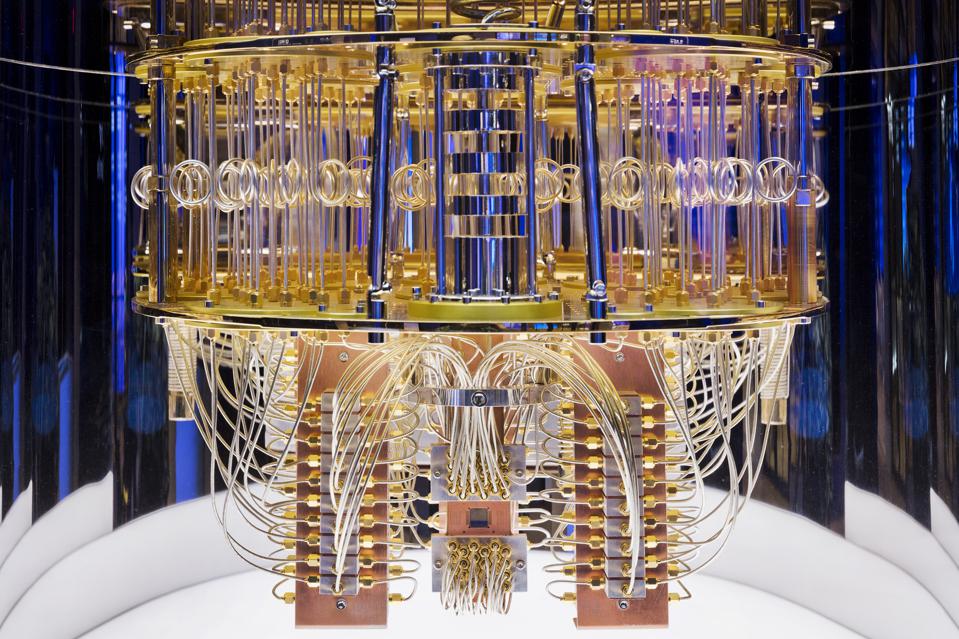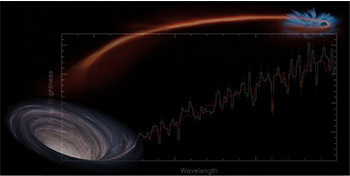Physics Outreach
The School of Physics runs a range of activities for school students and teachers, the general public and our alumni and friends.
Programs run by the Schools include:
- in-school and on-campus demonstration lectures for primary and secondary schools (MUPPETS, WARP)
- enrichment studies for secondary school students (Physics Gymnasium Lectures)
- resources for science teachers
- Telescopes in Schools run by the Astrophysics Group in partnership with the ARC Centre of Excellence for All-Sky Astrophysics, Quantum Victoria and Melbourne Planetarium
- Work Experience program for Year 10 students.
Programs run by the University include:
- University of Melbourne Extension Program (UMEP) in which secondary students may take 1st year university level Physics subjects. More details on the UMEP program.
Physics Gymnasium Lecture series
Are you interested in a career in science or engineering? Eager to find out more about the world around you? You will find studying Physics a lot easier with these special lectures. Formally known as the VCE lectures, while they do explore the current VCE curriculum, these lectures are open to students of all ages with a keen interest in Physics, as well as teachers and parents
This is a Covid-safe event. The lectures will be delivered to a live audience in the School of Physics. The lectures will also be live streamed, so you can watch from your home or classroom if need be. You will receive the Zoom link two days before the lecture.
Lecture 1: Thursday 10th August, 5:30 pm
Special Relativity

Come and join us for the first lecture in the 2023 series as Prof Jamieson asks what is so special about relativity, Einstein's greatest achievement.
Explore the ideas around special relativity, the facts, the proof and how vital this amazing phenomenon is to our current every day life.
Lecture 2: Thursday 17th August, 5:30 pm
The Strangeness of Heat
Professor Andrew Melatos

Come and join us for the second lecture in the 2023 series as Prof Melatos dives into the Strangeness of Heat and explores answers to the question: "what do rubber bands, DNA molecules, star clusters in the Milky Way, demons (of the Maxwell kind), and computers have in common?"
Lecture 3: Thursday 24th August, 5:30 pm sharp
Learn to Program a Quantum Computer
Professor Lloyd Hollenberg

Come and join us for the third lecture in the 2023 series as Prof Hollenberg introduces us to just enough quantum mechanics to start programming a quantum computer.
Please bring a laptop with Chrome internet browser installed.
You are able to try to program a Quantum computer with our simulator in the link below.
Lecture 4: Thursday 31st August, 5:30 pm

Come and join us for the fourth lecture in the 2023 series as Prof Quiney explores the photon - is it a wave or a particle? Could it be both?
Take a journey into the amazing world of the photon. It’s history, present and future.
Lecture 5: Thursday 7th September, 5:30 pm
Using Stars to Awaken the Giants at the Heart of Galaxies – How Unlucky Stars Reinvigorate Black Holes

Come join us as Associate Professor Katie Auchettl looks at what happens when an unlucky star wanders too close to a supermassive black hole at the centre of a galaxy and how this can help us understand black holes better.
Lecture titles and registration links will be updated throughout the term. Contact us directly at vce@physics.unimelb.edu.au.
-
Notes and videos from past lectures
- The biggest explosions of the Universe
- Protecting astronauts from ionising radiation on the mission to Mars
- Bringing Dark Matter to Light
- Glow in the dark: Using fluorescence to observe DNA in a living cell
- Resistance is futile
- Is the world digital or analogue?
- Alex Mazzolini - Electronics and photonics: our modern world [4.68 MB]
- David Jamieson - VCE relativity 2010 [1.33 MB] | additional notes [0.4MB]
- David Jamieson - VCE relativity 2012 [2.5 MB]
- Gary Egan - Physics and medical diagnosis [3.59 MB]
- Jeffrey McCallum - Circular motion [7.27MB]
- Jeffrey McCallum - Electricity VCE lecture 2012 [1.47 MB]
- Lachlan Thompson - What goes up might come down: Bernoulli [0.2MB]
- Max Thompson - Energy from nucleus [1.01MB]
- Max Thompson - Materials, structures and fractures [2.61 MB]
- Nick Nicola - All about electricity [1.38 MB]
- Roger Rassool - Mechanics [0.3MB]
Work experience at the School of Physics
Our work experience program gives Year 10 students the opportunity to experience a week at the university from the perspective of both a research student and an academic. With three streams to choose from (Astrophysics, Particle Physics and Nanoscale Imaging), there is a specialism to suit any student's interest in physics. Students will undertake a wide variety of fun and educational activities and projects throughout the week that will both engage and inspire.
Applications for this popular program are currently closed. Any further enquiries can be directed to outreach@physics.unimelb.edu.au. Please note that due to staffing and timing constraints, we are unable to offer any work experience outside the official program dates.
Teacher information days
Each year the School hosts an in-service day for secondary science/physics teachers. It is designed to keep you aware of developments in physics research and to keep the School informed regarding the current VCE physics syllabus. Spaces are normally limited so it is best to register as soon as possible.
Due to restrictions related to COVID-19, all events have been postponed until further notice. Check back soon for more information.
Laby VCE Physics Teachers' Grant
The Laby Foundation is offering grants with the aim of building capacity in physics teaching across Victoria, specifically targeting (but not solely limited to) disadvantaged and rural schools. The grants are available to help fund teachers to attend the Focus on Physics In-Service event.
We invite applications from interested schools/teachers. Funding up to $500 per school is available, depending on circumstances. Funds are to cover the registration fee and CRT cost. The number of grants is limited and will be assessed in the order they are received.
Provide your case for sponsorship (a substantiated statement) based on the following selection priorities:
- Geographical and/or socio-economic disadvantage
- Access to high-quality professional learning in order to strengthen capacity in teaching physics
- Low uptake of science subjects at VCE level, particularly physics, and/or low science profile in the school
- Other disadvantage identified by the applicant.
Complete and submit the online application form, which includes your response to the selection priorities. Your statement addressing one or more of the selection priorities must be concise, totalling no more than 500 words. We are looking for key factors supporting your application, with brief substantiation (e.g. school data, the web address to evidence, a clear statement of fact). A letter advising of the outcome of the grant will be sent to applicants. Successful applicants will be advised on how to arrange payment of funding (CRT and/or travel costs only) which will be paid after the event.
Contact us
If you would like to contact us regarding a School trip, or borrowing equipment, or anything Physics related, please don't hesitate to email outreach@physics.unimelb.edu.au.